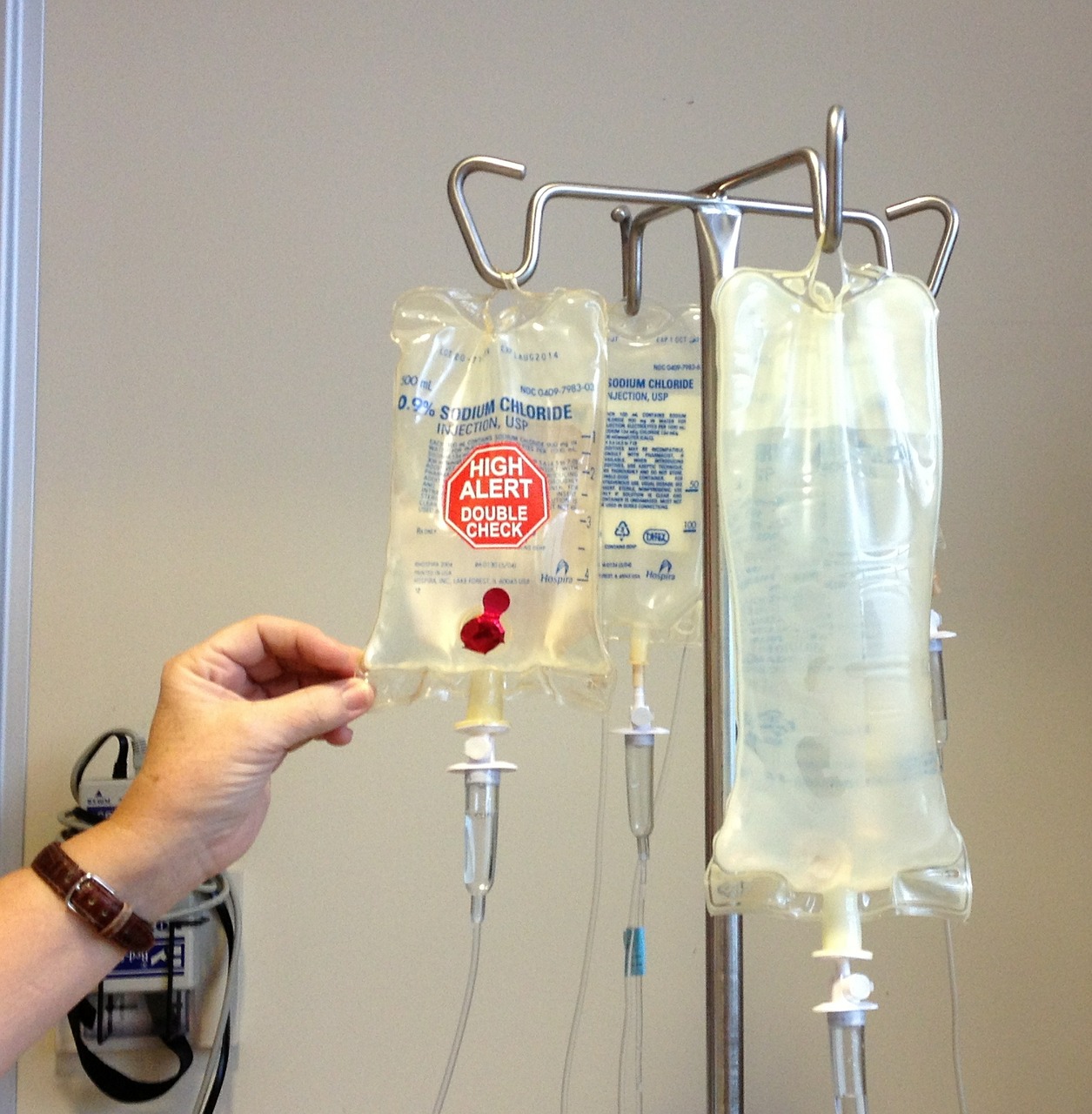Chemotherapy resistance is a common barrier to finding a cure for many types of cancer, and mesothelioma is no exception to this rule. Even so, while it is true that many other types of cancer become chemotherapy-resistant, it is accurate to say that mesothelioma is especially resistant to chemotherapy.
In fact, the chemotherapy-resistant nature of mesothelioma helps explain why there is just a single FDA-approved chemotherapy regimen for mesothelioma. The science behind chemotherapy-resistance is complex, to say the least, but the following difficulties are often faced by mesothelioma patients who receive chemotherapy:
- The tumors fail to respond to chemotherapy entirely
- Chemotherapy works initially, until it eventually ceases to work and tumor growth resumes
- The chemotherapy helps send the mesothelioma cancer into remission, until cancer recurs and the chemotherapy no longer works
These facts help explain why researchers are constantly looking for ways to overcome chemotherapy resistance in the treatment of mesothelioma.
How Mesothelioma Resists Chemotherapy
There is no single reason why mesothelioma becomes resistant to chemotherapy, but there are some reasons that are more common than others. One common explanation for mesothelioma chemotherapy-resistance is that the cancer cells replicate too quickly. Understand that chemotherapy works by using drugs that are toxic to human cells, but rapidly replicating cancer cells can effectively spread faster than the chemotherapy can eliminate the harmful cancer cells.
Other explanations for chemotherapy-resistant forms of cancer include:
- The hypothesis that cancer cells are capable of mutating into a resistant form based on a recognition of the chemotherapy used
- DNA in mesothelioma cells may be capable of self-repair before chemotherapy can kill the cancerous cells
- Proteins that are tasked with carrying the chemotherapy to cancer cells cease to work as intended
These explanations are continuously researched by scientists since much about chemotherapy is still unknown. Yes, we do know that chemotherapy has helped millions of cancer patients around the world, but the precise reasons for chemotherapy’s effectiveness remain a mystery. The reasons why cancer can eventually resist chemotherapy are also not fully understood.
Still, this has not stopped researchers from looking into chemotherapy resistance and making significant progress.
Overcoming Mesothelioma’s Chemotherapy-Resistance
Researchers are constantly looking for ways to find the weakness of cancer cells with intrinsic resistance to chemotherapy as well as cells that acquire drug resistance over time. One of the more promising ways researchers aim to overcome drug resistant-mesothelioma is by delivering chemotherapy directly to mesothelioma cells, which will leave healthy cells in the body unharmed.
Medical professionals are already using an established method of directly-delivered chemotherapy for peritoneal mesothelioma, which is known as hyperthermic intraperitoneal (HIPEC) chemotherapy. Similar methods are being tested for pleural mesothelioma as well (hyperthermic intrathoracic chemotherapy, or HITHOC).
As research progresses, the future holds much promise for better chemotherapy and mesothelioma cancer treatments that will improve patient outcomes and survival rates.
Contact The Ledger Law Firm if you have any questions about your mesothelioma diagnosis or filing a legal claim to pursue legal compensation.

